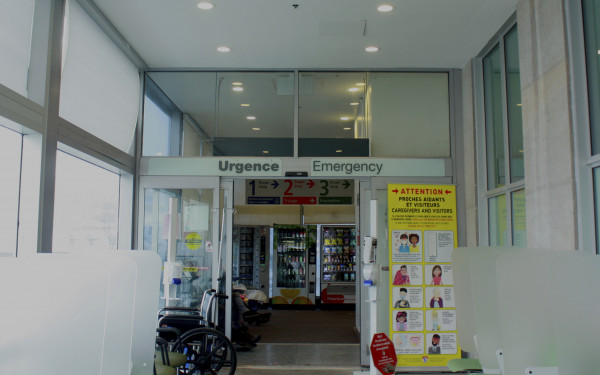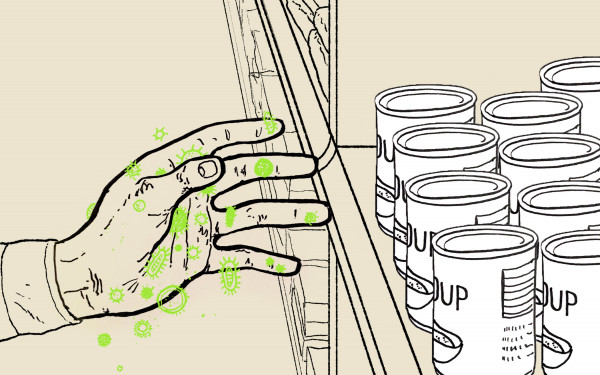Editorial: We’ve Seen These Signs in Our Healthcare System Before
Masks are gone. Restrictions have been lifted. Social distancing is no longer respected. The pandemic must be over, right? Wrong.
As we carry on pretending the pandemic never existed, we are ignoring the signs of our deteriorating healthcare system.
On Oct. 23, a man over the age of 70 died in a Quebec City hospital after having waited 16 hours in the emergency room without being seen by a doctor. Unfortunately, this isn’t the first time our clogged system failed people.
In July, Thérèse Pardiac, 91, died after waiting seven hours for an ambulance to treat her broken leg. On Aug. 3, Montrealer Myron Cybriwski died after waiting 12 hours for an ambulance to transport him to the hospital following a head injury.
Our healthcare system may be free money-wise, but it is not time-wise. It is crumbling and the falling pieces are killing Quebecers who are desperately seeking the help they are entitled to.
COVID is still undeniably putting a strain on the system, and pretending it no longer exists is worsening the situation. In fact, there are parallels to be made between the status of COVID today and at this time last year.
In October 2021, cases reported each day ranged between 400 and 600, with the highest number of daily reported cases being 678. At the tail end of the fourth wave, and the very beginning of the fifth wave with the rise of the Omicron variant, COVID showed us that it wasn’t going away. And it continues to do so.
Last month, daily cases were in the thousands. Could last year’s autumn be a model for how COVID will develop in the upcoming months?
More worrisome, our healthcare staff is overworked. With a collapsing healthcare system, how can Quebec even be prepared for another wave as severe as last December’s?
As the number of employees burning out increases, so does the shortage of staff. In June 2022, Health Minister Christian Dubé announced that the healthcare system was missing 8,000 employees, the majority of which were on sick leave. In response, Dubé partially closed down six emergency rooms across the province.
More recently, Dubé announced at a press conference on Oct. 26 that he was confident that the situation would improve, but the data suggests otherwise.
According to reports taken on Oct. 30, the emergency room of the University of Montreal Health Centre was 33 per cent above maximum capacity, with 11 patients having waited over 48 hours to be treated. The Jewish General Hospital was 23 per cent above capacity, with eight patients having waited over 48 hours.
Hospitals in the Integrated University Health and Social Services Centre (CIUSSS) de l'Est are 17 per cent above capacity, with a total of 17 patients having waited above 48 hours. The CIUSS de l’Ouest is nine per cent over, with 12 patients on stretchers for over 48 hours. Lastly, hospitals within the McGill University Health Centre are 32 per cent above capacity, with 24 patients awaiting treatment for over two days.
This data is shocking. Our system is fragile and holding on by a thread. If COVID develops in the same way as it did last year, our health system is in deep trouble.
Quebecers need to take precautionary measures to stop the spread of the virus by wearing masks, sanitizing surface areas and respecting social distancing. Not only when mandated by politicians, but also out of our moral obligation to alleviate the pain of patients stuck waiting hours in a clogged system.





_600_375_90_s_c1.jpg)

